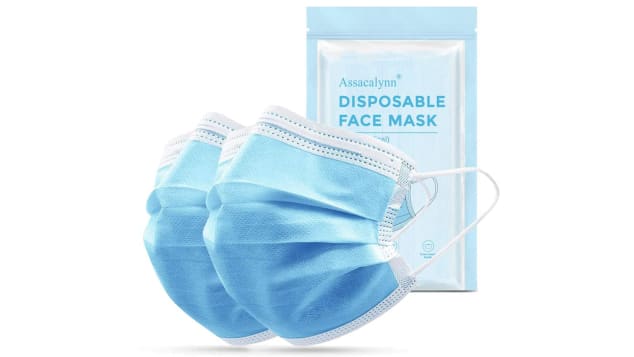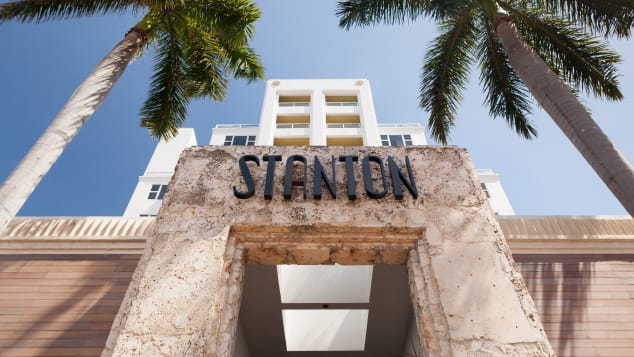
Checking into a US hotel? Industry says wear your face mask
TripFalcon July 21, 2020
Last Update: 2020-07-21 14:44:49As they try to safely open back up in the Covid-19 pandemic, major hotel chains are the latest in a growing list of places in the US travel industry that will soon require a face mask .
You're still free to whip that face covering off in the privacy of your own room or in outdoor settings. But while you're sharing an indoor, public space, the American Hotel & Lodging Association has a simple message: Masks on.
The AHLA said Monday that some the largest hotel brands are looking to implement the policy as early as next week. You'll need to check with the hotel where you're staying to find out when its requirement goes into effect.
The mandate is just one part of the AHLA's "Safe Stay Guest Checklist" for guests on how to travel safely, it said in a recent news release.
The AHLA also aims to create a standard experience across the nation -- so that people from Washington to Florida can expect the same thing instead of figuring out a new way of doing things in different places.
Goal: 'Make it safer and easier to travel'

Face masks are required in many major hotel chains in the United States now.
"Requiring face coverings and practicing social distancing in public spaces will create an even safer environment for all our guests and employees," said Chip Rogers, president and CEO of AHLA.
Rogers said he would like to see all government officials get on board, too.
"We applaud governors who have standardized the use of face coverings in all indoor public spaces, and we urge all lawmakers to help make this a national standard by implementing this requirement in their states," he said in the release.
"These preventative measures make it safer and easier for Americans to travel while also supporting hotel and tourism employees," he said.
Other safety measures
Along with the mask mandate, the AHLA spelled out other actions hotel guests are encouraged to take keep their temporary lodging safe as possible:
-- Keep up social distancing in all common areas.
-- Choose contactless options when you can such as online reservations, check-ins and payments.
-- Consider skipping a daily room cleaning -- ask the hotel about your options.
-- Ask for contactless room service delivery.
Major chains weigh in

If you want to stay at a Marriott property such as the Stanton in Miami Beach, Florida, you'll have to follow their rules on face masks in public areas. Jeff Herron Photography
Many of the top chains with US locations -- Hilton, Hyatt, IHG, Loews, Wyndham, Marriott and Radisson -- gave their support to the safety measures in the news releases.
"We're redefining our cleaning and safety standards to align with evolving expert protocols as we all work together to manage the spread of Covid-19," said Arne Sorenson, CEO of Marriott International, in the news release.
"Health guidance is clear on wearing masks, and it is a simple step everyone can take when in public spaces of hotels to protect themselves, each other and associates."
Mark Hoplamazian, president and CEO of Hyatt, said, "We require face coverings for hotel guests across the US and Canada in order to care for the health and safety of our guests and colleagues. To help enable safe travel amidst the ongoing challenges of Covid-19, we need to come together as an industry and promote clear guidelines."
The debate over face masks
Whether people should be required to wear face coverings in certain public spaces has become a white-hot flashpoint in the United States.
In Georgia, mayors of the some the biggest cities are in a heated and very public debate with Gov. Brian Kemp, who does not want to mandate face masks.
Businesses have filled some of the void as the debate continues, and that includes those in the travel industry.
For instance, Delta Air Lines is now requiring medical screenings for passengers who say the can't wear face masks for health reasons. And the airline is asking that they reconsider flying at all.
And in Florida, Walt Disney World Resort is tightening its face mask rules. Guests were already told they had to wear a mask to enter the park, but now they must be stationary when they take them off to eat or drink.

